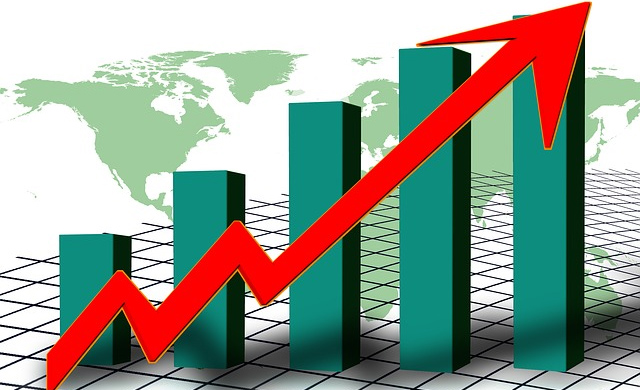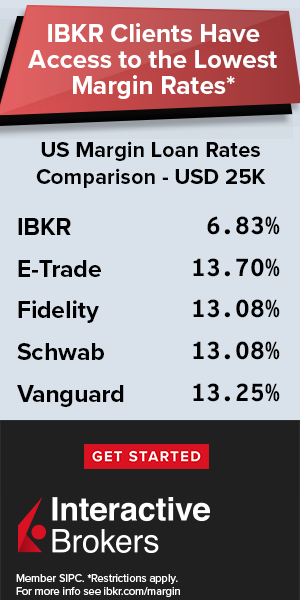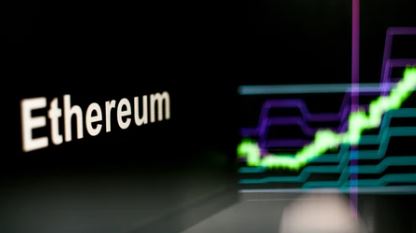Although fortune cookies are not about financial markets, there are plenty of superstitions in the sector. A perfect example in this sense could be the January effect. The theory is that amidst cash payouts and the start of another tax year, the demand for stocks rises as well.

Is a rally inevitable? Not necessarily. In 2022, for example, the seasonal pattern did not work. As of the end of the month, the S&P 500 index fell 7%, the NASDAQ fell almost 12%, and the Dow Jones Industrial Average fell 4.4%. Amid exceptional uncertainty, this time could be no different.
As well noted by Investopedia, overall, “the evidence for this effect is tenuous at best, with the past 30 years showing a 57%/43% split between winning months and losing months, barely better than the flip of a coin.” Thus, we could say that seasonal patterns lose to fundamental factors.
Talking about perspectives, there are no obvious prerequisites for a rally in January 2023. Yes, the U.S. stock market could have rallied on the rise in the number of initial jobless claims in the U.S. to 225,000, but that still does not mean that the Fed will change its posture.
Goldman Sachs expects the FOMC to raise the rate by 25 bps in February, March, and May. Analysts do not expect any change in monetary policy until the economy is at risk of a recession. Considering the amount of debt that companies and governments carry, that’s not exactly the best news.
The World Bank in this sense projects that about a dozen countries could face default in the next year, and the IMF calculated that 60% of low-income developing countries were in debt distress or at high risk of it. The Council on Foreign Relations said that 12 countries now had its highest default rating.


 Hot Features
Hot Features












